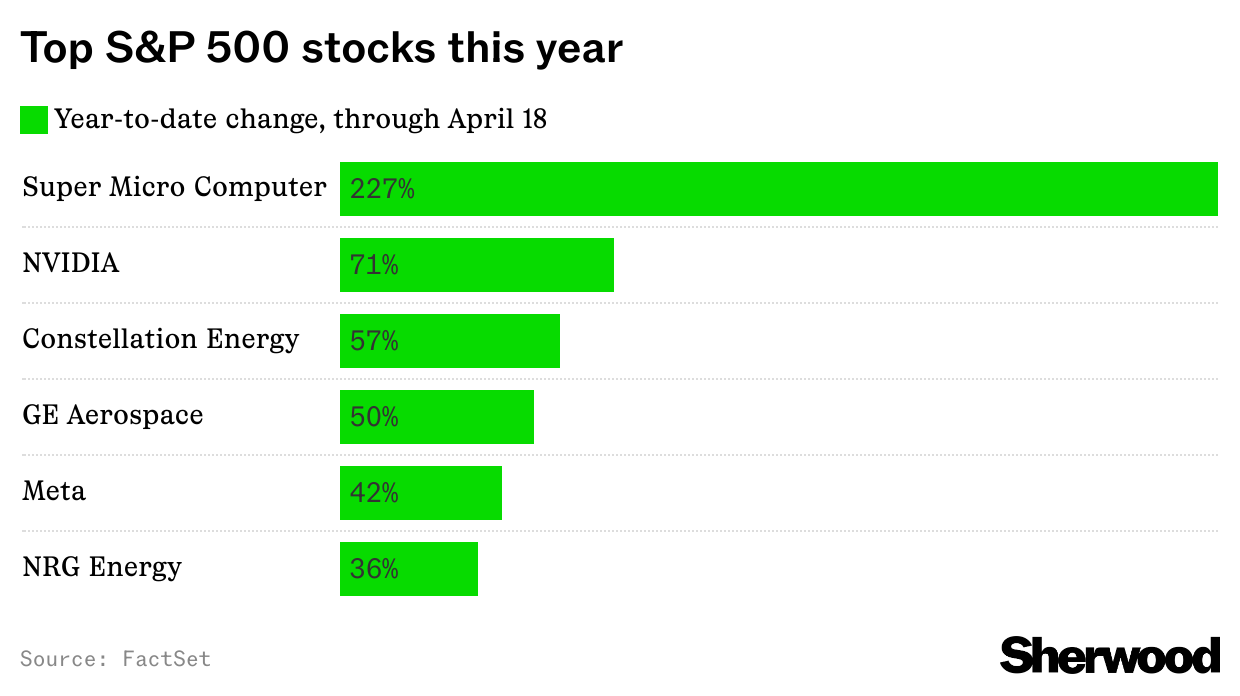Monday Dec.09, 2019
Google's robotaxi moonshot is worth 8 Lyfts
_Hiding from Google's self-driving cars_
Hey Snackers,
3 numbers we couldn't shake all weekend:
Robo
Waymo's robotaxi app is now available to all (beware of the waitlist)
Excuse me driver, can you slow down on the ads?... Self-driving cars are the most-talked about things that don't exist yet since the "phase one" US-China trade deal. But Alphabet geared up to make robotaxis a reality last week by launching its Waymo app in Apple’s App Store (it's been chilling already in the Google Play store since April).
- 1 year ago: People in Phoenix (aka Phoenixians?) could become early adopters of Waymo, but they first had to sign Non-Disclosure Agreements. About 1,500 people have taken 100K+ rides so far, usually with a human safety driver behind the wheel (just in case).
- Today: Both iPhone and Android users can download the Waymo app and join a waitlist. It's still only available in the Phoenix area, but they've started doing rides with nobody behind the wheel at all.
Whoever offers Robotaxis first will probably win a ton of business... Our rough math estimates that a $10 ride becomes a $5 ride with self-driving cars:
- $10: The fare of our simulated Uber ride.
- $7: The rough amount the driver gets to keep.
- $2: The amount needed to cover gas, insurance, and the car payment.
- $5: The cost of the driver. This is the number that vanishes with robotaxis — roro-rides could become half the price of human-driven Lyft or Uber rides.
This could be Google's last moonshot... Waymo was born in Project X, which is a lab for Googlers to dream up "moonshot" projects that have nothing to do with Google’s core business of online search ads.
- But Google's co-founders retired last week, and its new leaders could focus on profit-making businesses only — not the kumbaya projects that ex-leaders Larry Page and Sergey Brin championed.
- Yet it looks like they raised a profit puppy with Waymo — the robotaxi service is estimated to be worth $105B. That's 8 times as much as Lyft.
Highs
Who's up...
Otis made skyscrapers possible... The 166-year-old elevator company is big enough to be its own Fortune 500 company, with $13B in revenue, 69K employees, and 2M elevators in service worldwide. In April, owner United Technologies is spinning off Otis into its own publicly-traded company to unlock its value. Otis makes serious bank in China, where all that new city construction needs vertical help, so it's praying the trade war doesn't get too bad.
That partnership looks good on you... Marriott's W Hotel chain found a cost-effective, well-dressed marketing move — hook up with Rent The Runway so that guests don't have to pack as many clothes. For an extra $69, your room could come with 4 wardrobe options to rent during your W stay. The brand move keeps the W relevant — and snags exposure for Marriott to Rent The Runway's younger customer base.
Lows
...And who's down
Buffering... Buffering... Remember when Zoom was the most profitable tech company to IPO in 2019, and its shares jumped over 50% on the first day of trading? The video conferencing leader's stock dropped 15% last week on word that growth is slowing. Zoom’s CEO wants to “focus on existing customers” — but shareholders crave new ones and some crystal-clear user growth.
Any press = Good press... Debatable. Peloton's new viral TV ad is jacked with controversy. Sexist and elitist? Arguably and most definitely. But it also has everyone chatting Peloton during the at-home fitness company’s most important sales season. Peloton shares dropped 8% last week — then the ad’s actress owned the drama by jumping into a commercial for Ryan Reynolds' gin brand, drinking her cycling-induced worries away (new trend = post-controversy sequel ads).
What else we’re Snackin’
- Work: 15 rules for negotiating a job offer — beginning with 'ignore ultimatums'
- Life: 5 cocktail trends of 2020 (it's all about the ice, ice, baby)
- Invest: The money you could make by maxing out those 401K contributions
- Venture: "Cash is more important than your mother" (if you're a startup)
- Crypto: Only 1 major cryptocurrency is beating Bitcoin this year — and it destroys some of its own coins every quarter
This Week
- Monday: Earnings from Chewy, Stitch Fix
- Tuesday: The 2-day Federal Reserve policy meeting kicks off. Earnings from Dave & Buster's, GameStop
- Wednesday: Saudi Aramco's stock begins trading on the Saudi Arabian stock exchange. Earnings from Lululemon, American Eagle
- Thursday: UK voters go to the polls for a general election. Earnings from Oracle, Adobe
- Friday: US retail sales report
Disclosure: Authors of this Snacks own shares of Uber and Lululemon, options of Peloton, and a Bitcoin
ID: 1031082
.png)

